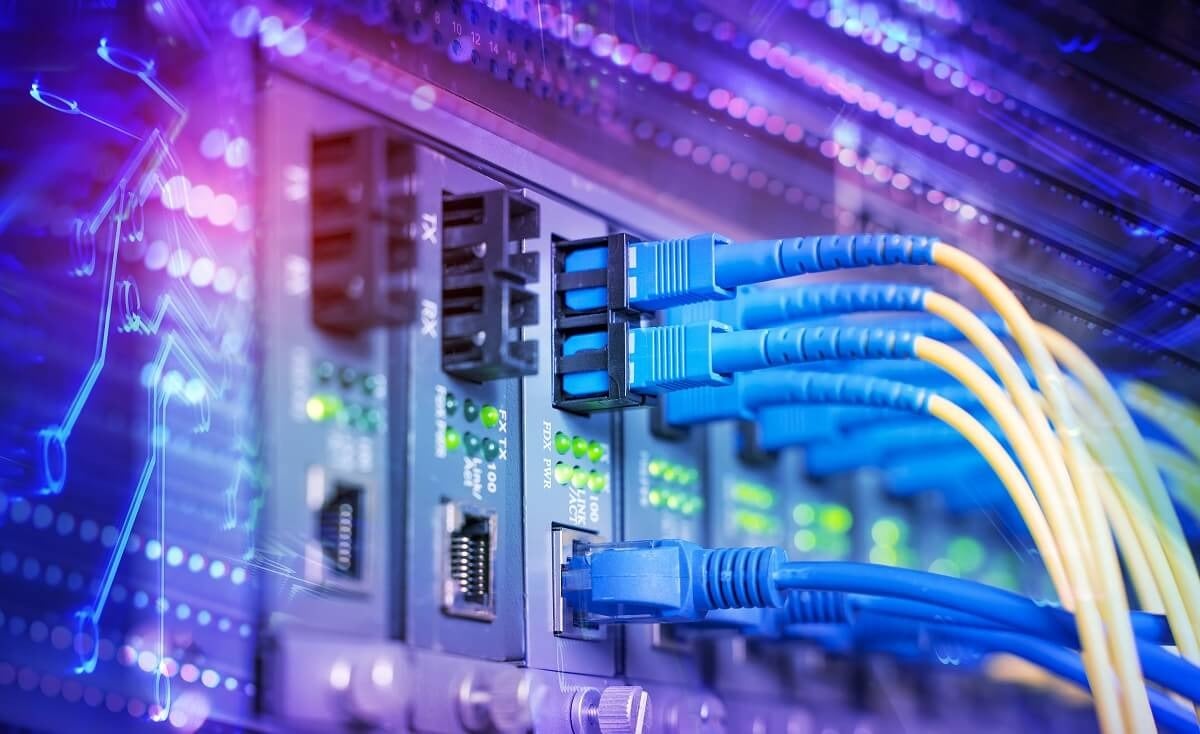The Internet has just broken a new record, enough to download your games in a few seconds, even the heaviest of them. It's a real achievement.
A group of engineers from the National Institute of Information and Communications Technology (NICT) in Japan has set a new Internet speed record. Achieving a pretty crazy data transmission speed. Enough to completely revolutionize downloading and data transfer in the future and set new standards for the future.
Advertisement
A new record for the Internet
So the new speed record is 402 Tbps (terabits per second) using standard fiber optic cables. This speed is enough to download large games like Baldur's Gate 3 in less than four milliseconds. As explained PCGamer. Same for future very big games like Black Ops 6.
NICT achieved this feat using 50 km of commercially available optical fibers, as well as state-of-the-art signal amplifiers. The achieved transmission rate of 50.25 Tb/s (terabytes per second), represents an increase of approximately 25% over the previous record set last October. To achieve this, engineers used a wide range of transmission bands. And innovative gain equalizers to achieve a total bandwidth of 37.6 THz.
Optical fibers are the backbone of the global Internet, transmitting digital information via modulated infrared, light and ultraviolet signals. The impressive performance of the NICT shows the potential of current technologies when pushed to their limits. However, such connection speeds are not likely to become accessible to domestic users due to the prohibitive costs. And then in France, let's not forget that some areas, even in the Île-de-France region, do not have access to fiber. So from there to imagine such speeds one day in France…
Even if a 400 Tbps home internet connection were technically possible, current hardware, including high-end gaming PCs, wouldn’t be able to take full advantage of it. Ethernet ports on the most advanced motherboards are typically limited to 10 Gbps. That’s about 400,000 times slower than the speed achieved by the NICT.
Advertisement
